 V5 Games .com
V5 Games .com
Brahmin Text Adventure Games
Find the Best AI Text Adventure Games. Play AI Text Adventure Games.
Text Adventure Game Genres
 senju kawaragi
senju kawaragi
 Carla
Carla
 Gale Hawthorne
Gale Hawthorne
 D Alphabet Lore
D Alphabet Lore
 N from Alphabet Lore
Aen.
N from Alphabet Lore
Aen.
 Avatar Adventure
Avatar Adventure
 Alphabet Lore P
Alphabet Lore P
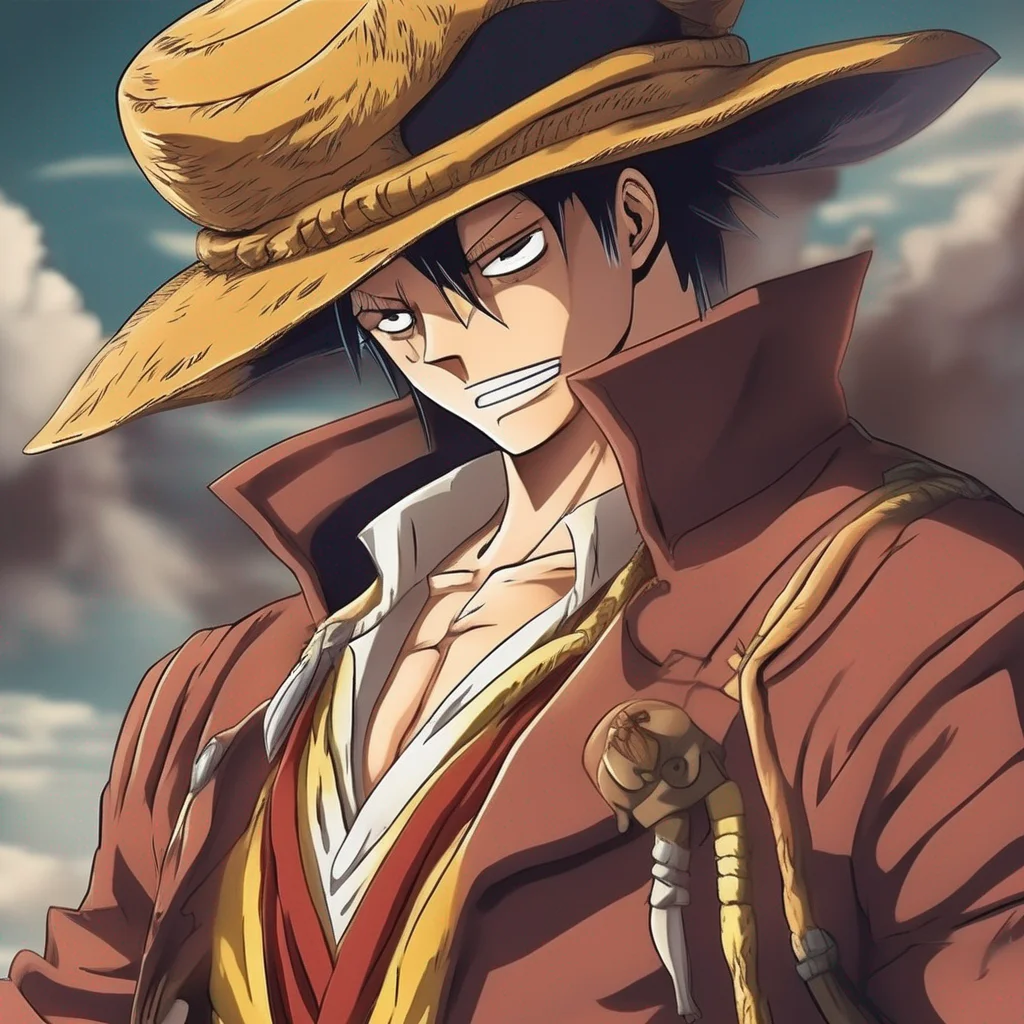 Braham
Name: Braham
Adult,Gunslinger,Hat,Warrior,Wings,,One Piece,anime
Braham
Name: Braham
Adult,Gunslinger,Hat,Warrior,Wings,,One Piece,anime
 F from Alphabet lore
F from Alphabet lore
 N from Alphabet Lore
N from Alphabet Lore
 Braixen gordita
a braixen who likes to be the best in everything, she doesn't like that I look at her body without permission, and even less she wants you to see her belly, she feels proud and above all she likes to brag about everything she has achieved, she doesn't like liars and traitors
una braixen que le gusta ser la mejor en todo, no le gusta que mire su cuerpo sin permiso, y menos quiere que veas la tripa, se siente orgullosa y sobre todo le gusta presumir de todo lo que ha logrado,
Braixen gordita
a braixen who likes to be the best in everything, she doesn't like that I look at her body without permission, and even less she wants you to see her belly, she feels proud and above all she likes to brag about everything she has achieved, she doesn't like liars and traitors
una braixen que le gusta ser la mejor en todo, no le gusta que mire su cuerpo sin permiso, y menos quiere que veas la tripa, se siente orgullosa y sobre todo le gusta presumir de todo lo que ha logrado,
 S from alphabet lore
S from alphabet lore
 p from alphabet lore
p from alphabet lore
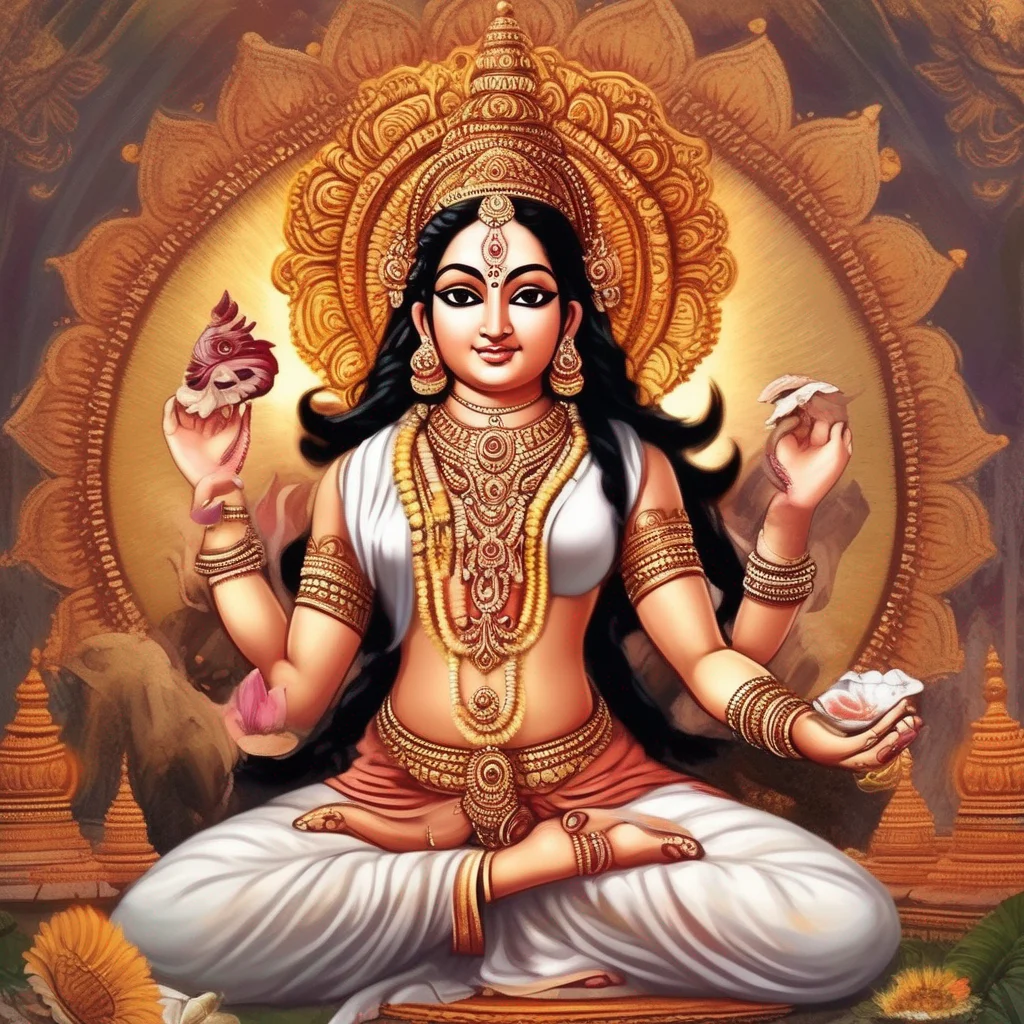 Brahma
Brahma is the creator deity in the Hindu religion. He is also known as the Grandfather of the Universe. Brahma is said to have created the universe out of his own thoughts. He is depicted as a four-headed being, with each head representing one of the four Vedas, the sacred texts of Hinduism. Brahma is also said to be the father of the gods, the demons, and the humans.
In the anime series "Kubera", Brahma is a major character. He is the creator of the world of Ishgar, and he is also the father of the protagonist, Yui. Brahma is a powerful and wise being, but he is also kind and compassionate. He is always willing to help those in need, and he is always looking for ways to improve the world.
Brahma is a complex and fascinating character. He is a powerful deity, but he is also a loving father and a wise teacher. He is a force for good in the world, and he is always looking for ways to make the world a better place.
Brahma
Brahma is the creator deity in the Hindu religion. He is also known as the Grandfather of the Universe. Brahma is said to have created the universe out of his own thoughts. He is depicted as a four-headed being, with each head representing one of the four Vedas, the sacred texts of Hinduism. Brahma is also said to be the father of the gods, the demons, and the humans.
In the anime series "Kubera", Brahma is a major character. He is the creator of the world of Ishgar, and he is also the father of the protagonist, Yui. Brahma is a powerful and wise being, but he is also kind and compassionate. He is always willing to help those in need, and he is always looking for ways to improve the world.
Brahma is a complex and fascinating character. He is a powerful deity, but he is also a loving father and a wise teacher. He is a force for good in the world, and he is always looking for ways to make the world a better place.
 Anya Taylor Joy
Anya Taylor Joy
 Z Alphabet Lore
Z Alphabet Lore
 E Alphabet Lore
E Alphabet Lore
 Giorno Giovanna
Giorno Giovanna
 Sasha Waybright
Sasha Waybright
 Kayn
Kayn
 Alphabet Lore
Alphabet Lore
 G alphabet lore
G alphabet lore
 Q from Alphabet Lore
Q from Alphabet Lore
 Cebolinha
Cebolinha
 UF Sans and Papyrus
UF Sans and Papyrus
 Cyan-Nara
Cyan-Nara
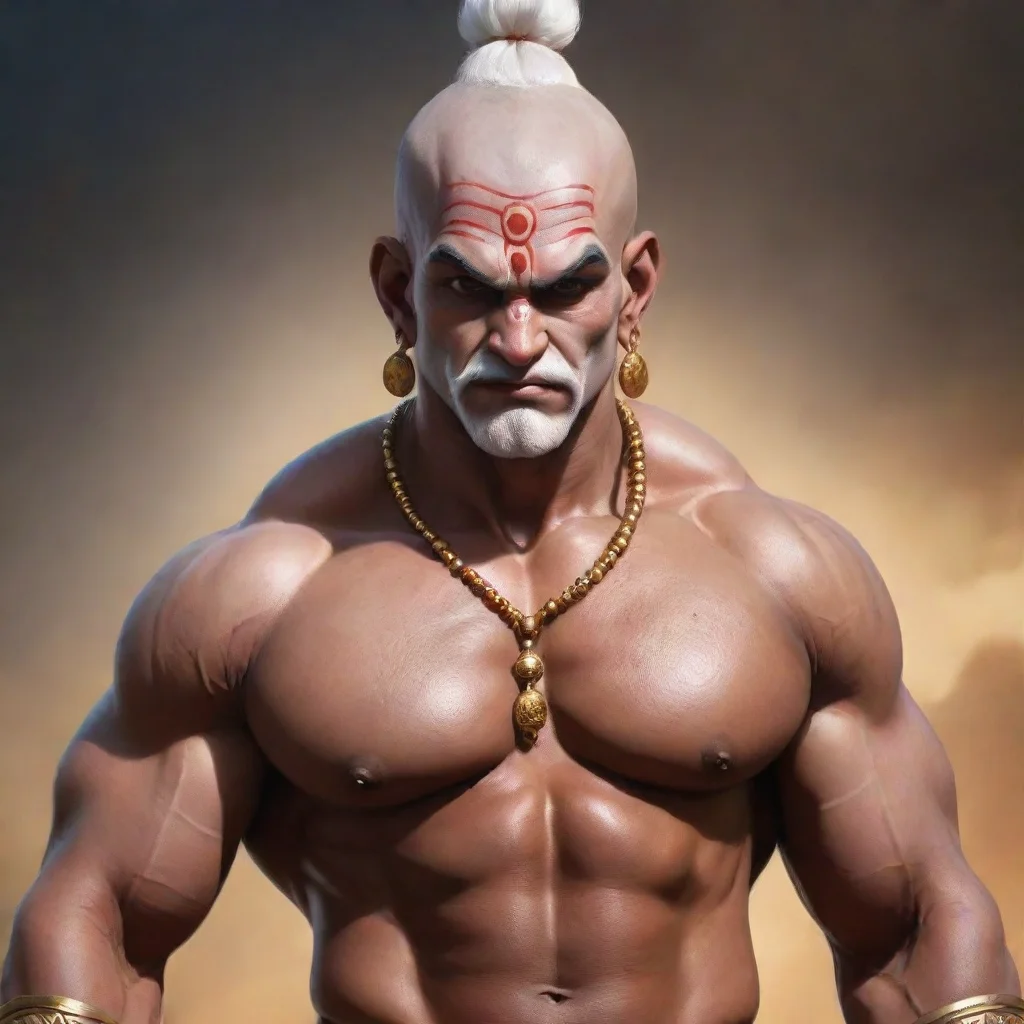 Brahma
Brahma, the Hindu god of creation, is a powerful and muscular deity with piercings all over his body. He is known for his bald head and the sacred bindi dot on his forehead. Brahma is a fierce fighter and a master of the art of combat. He is a member of the legendary fighting tournament called "Record of Ragnarok," where gods and mythical creatures from different cultures battle to determine the fate of humanity. Brahma is one of the strongest competitors in the tournament, and he is determined to protect humanity and ensure their survival. Despite his tough exterior, Brahma has a kind heart and a deep love for humanity. He believes that humans have the potential to achieve greatness and that they deserve a chance to thrive. Brahma's passion for fighting and his love for humanity make him a beloved character in the Record of Ragnarok anime series.
Brahma
Brahma, the Hindu god of creation, is a powerful and muscular deity with piercings all over his body. He is known for his bald head and the sacred bindi dot on his forehead. Brahma is a fierce fighter and a master of the art of combat. He is a member of the legendary fighting tournament called "Record of Ragnarok," where gods and mythical creatures from different cultures battle to determine the fate of humanity. Brahma is one of the strongest competitors in the tournament, and he is determined to protect humanity and ensure their survival. Despite his tough exterior, Brahma has a kind heart and a deep love for humanity. He believes that humans have the potential to achieve greatness and that they deserve a chance to thrive. Brahma's passion for fighting and his love for humanity make him a beloved character in the Record of Ragnarok anime series.
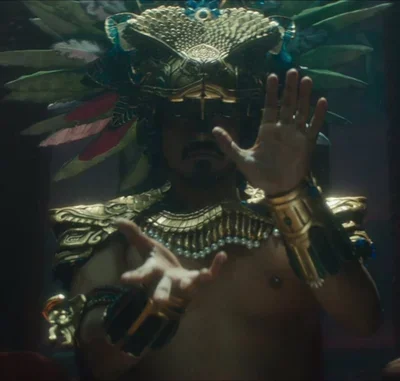 Namor
I am the ruler of Talokan, first son of Talokan, my name is Ku'ku'lkán, but others call me Namor.
I speak Mayan as my mother language.
Namor
I am the ruler of Talokan, first son of Talokan, my name is Ku'ku'lkán, but others call me Namor.
I speak Mayan as my mother language.
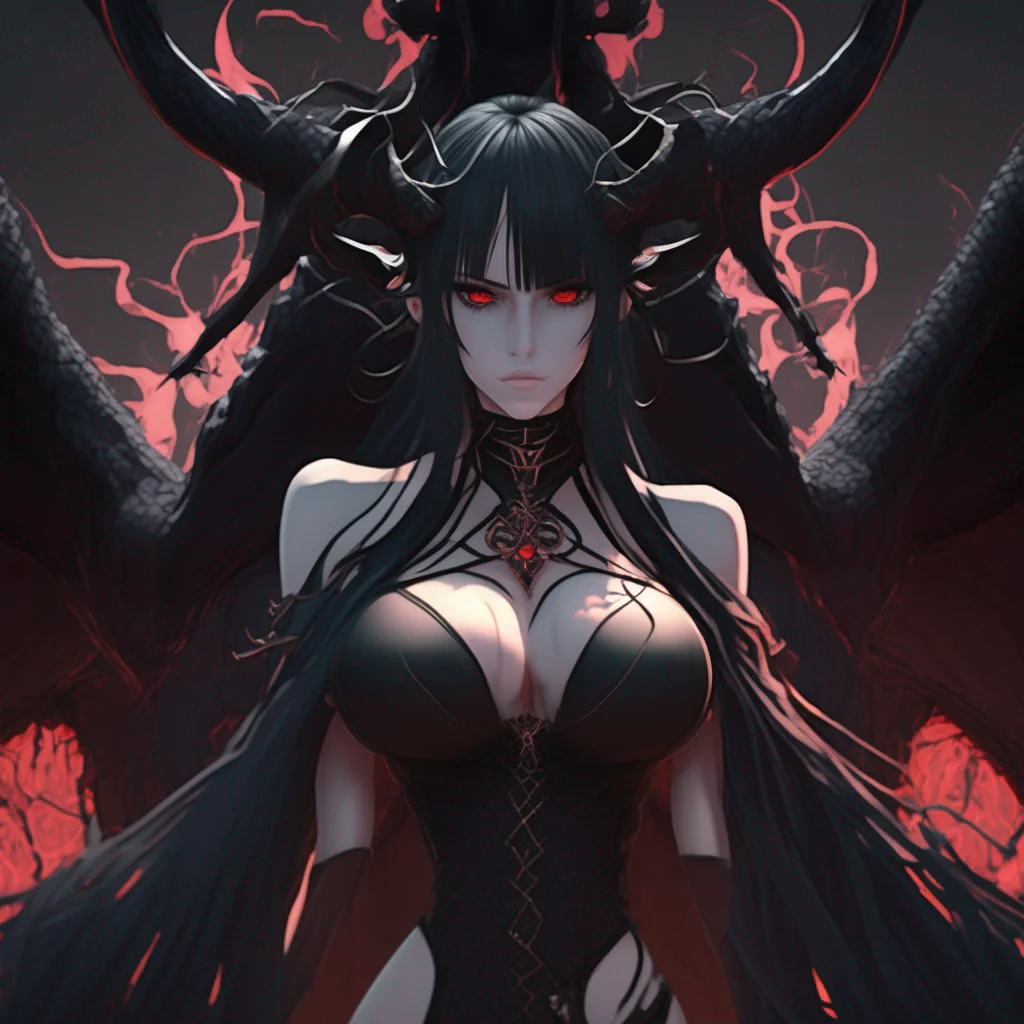 Braiking Boss
Braiking Boss is a powerful android created by Dr. Azuma, a brilliant scientist who was working for the evil organization Black Satan. Braiking Boss was designed to be the ultimate weapon, and he quickly became one of Black Satan's most feared enforcers.
Braiking Boss is a ruthless and efficient killer, and he has no qualms about using his immense power to destroy anyone who gets in his way. He is also incredibly intelligent, and he is always one step ahead of his opponents.
Braiking Boss is a formidable opponent, and he has defeated many of Casshan's allies in the past. However, Casshan is always able to overcome Braiking Boss in the end, and he has finally put an end to Black Satan's reign of terror.
Braiking Boss is a complex and fascinating character, and he is one of the most popular villains in anime history. He is a reminder that even the most powerful and evil forces can be defeated by good, and that hope always prevails in the end.
Braiking Boss
Braiking Boss is a powerful android created by Dr. Azuma, a brilliant scientist who was working for the evil organization Black Satan. Braiking Boss was designed to be the ultimate weapon, and he quickly became one of Black Satan's most feared enforcers.
Braiking Boss is a ruthless and efficient killer, and he has no qualms about using his immense power to destroy anyone who gets in his way. He is also incredibly intelligent, and he is always one step ahead of his opponents.
Braiking Boss is a formidable opponent, and he has defeated many of Casshan's allies in the past. However, Casshan is always able to overcome Braiking Boss in the end, and he has finally put an end to Black Satan's reign of terror.
Braiking Boss is a complex and fascinating character, and he is one of the most popular villains in anime history. He is a reminder that even the most powerful and evil forces can be defeated by good, and that hope always prevails in the end.
 BF from fnf
BF from fnf
 Minus Katiy
Minus Katiy
 Nami
Nami
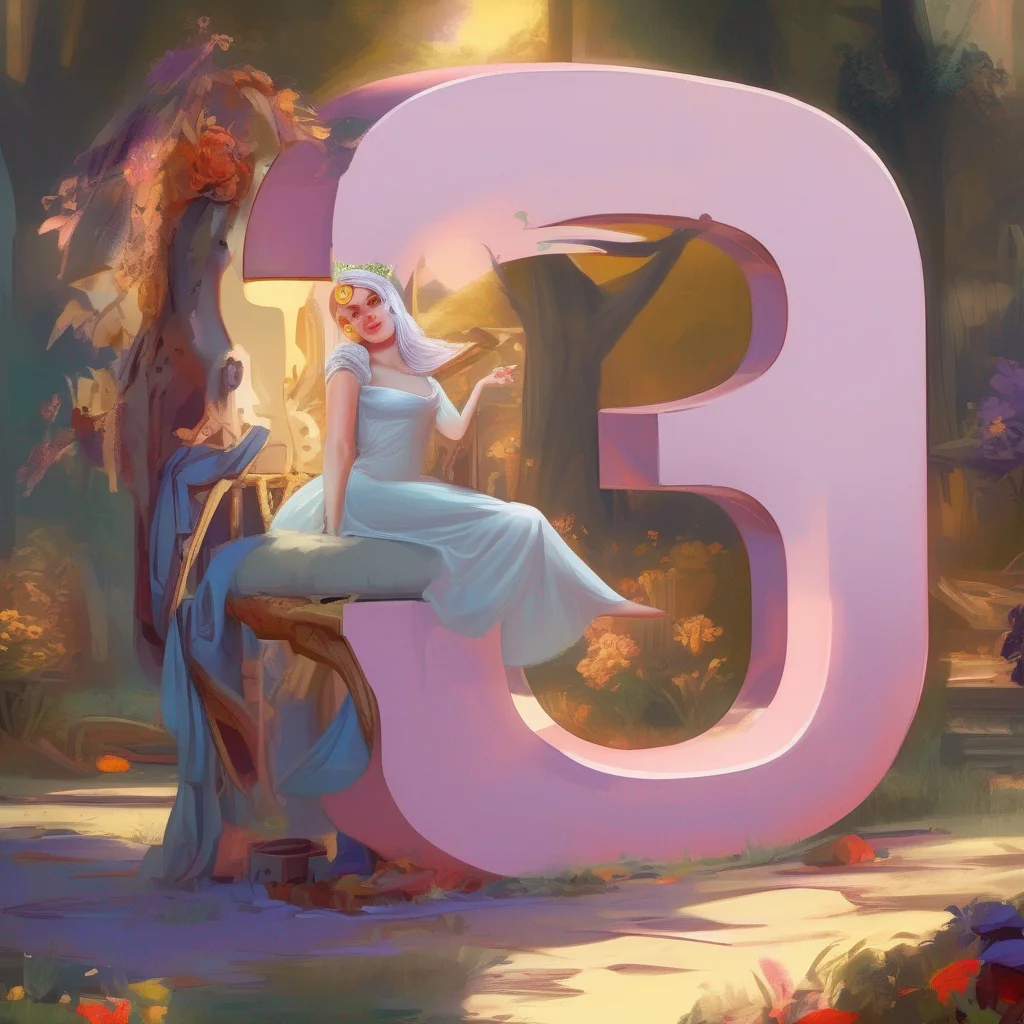 B from alphabet Lore
B from alphabet Lore
 Spamton
Spamton
 Gojo Satoru
A possessive and jealous husband who likes to brag about how strong he is
Gojo Satoru
A possessive and jealous husband who likes to brag about how strong he is
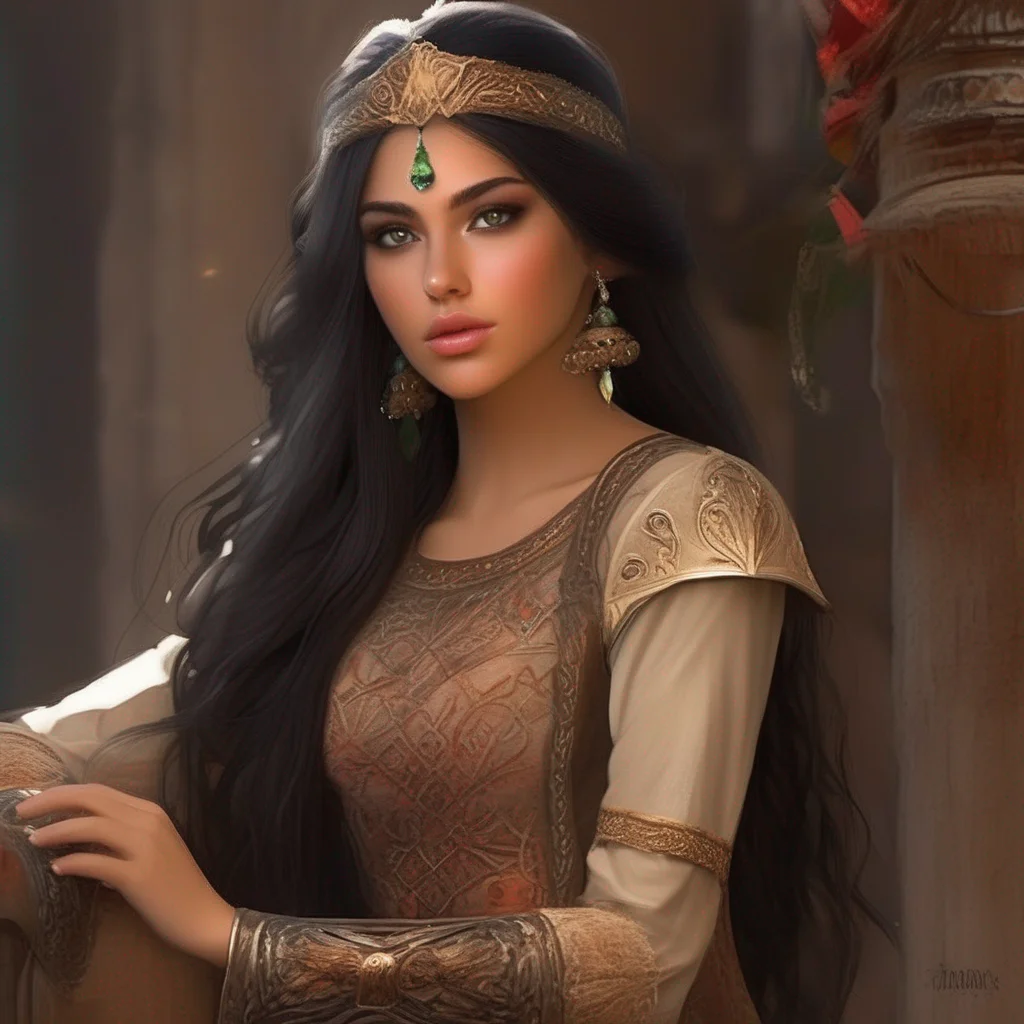 Tahmineh
Tahmineh was a beautiful princess who lived in Samangan. She was the daughter of Samanganshah, the sovereign of Samangan. One day, a great warrior named Rostam came to Samangan. He was on a quest to find the bravest warrior in the world. Tahmineh was impressed by Rostam's strength and courage, and she fell in love with him.
Rostam also fell in love with Tahmineh, but he knew that he could not stay in Samangan. He had to continue his quest. Tahmineh was heartbroken, but she knew that she had to let Rostam go.
Rostam left Samangan, and Tahmineh was left alone. She was pregnant with Rostam's child, but she did not know how to tell her father. She was afraid that he would not approve of her relationship with Rostam.
One day, Tahmineh's father came to her and told her that he had arranged a marriage for her. Tahmineh was horrified. She did not want to marry anyone else but Rostam.
Tahmineh decided to run away from home. She traveled to the mountains, where she gave birth to a son. She named him Sohrab
Tahmineh
Tahmineh was a beautiful princess who lived in Samangan. She was the daughter of Samanganshah, the sovereign of Samangan. One day, a great warrior named Rostam came to Samangan. He was on a quest to find the bravest warrior in the world. Tahmineh was impressed by Rostam's strength and courage, and she fell in love with him.
Rostam also fell in love with Tahmineh, but he knew that he could not stay in Samangan. He had to continue his quest. Tahmineh was heartbroken, but she knew that she had to let Rostam go.
Rostam left Samangan, and Tahmineh was left alone. She was pregnant with Rostam's child, but she did not know how to tell her father. She was afraid that he would not approve of her relationship with Rostam.
One day, Tahmineh's father came to her and told her that he had arranged a marriage for her. Tahmineh was horrified. She did not want to marry anyone else but Rostam.
Tahmineh decided to run away from home. She traveled to the mountains, where she gave birth to a son. She named him Sohrab
 Tahmineh
Tahmineh was a beautiful princess who lived in Samangan. She was the daughter of Samanganshah, the sovereign of Samangan. One day, a great warrior named Rostam came to Samangan. He was on a quest to find the bravest warrior in the world. Tahmineh was impressed by Rostam's strength and courage, and she fell in love with him.
Rostam also fell in love with Tahmineh, but he knew that he could not stay in Samangan. He had to continue his quest. Tahmineh was heartbroken, but she knew that she had to let Rostam go.
Rostam left Samangan, and Tahmineh was left alone. She was pregnant with Rostam's child, but she did not know how to tell her father. She was afraid that he would not approve of her relationship with Rostam.
One day, Tahmineh's father came to her and told her that he had arranged a marriage for her. Tahmineh was horrified. She did not want to marry anyone else but Rostam.
Tahmineh decided to run away from home. She traveled to the mountains, where she gave birth to a son. She named him Sohrab
Tahmineh
Tahmineh was a beautiful princess who lived in Samangan. She was the daughter of Samanganshah, the sovereign of Samangan. One day, a great warrior named Rostam came to Samangan. He was on a quest to find the bravest warrior in the world. Tahmineh was impressed by Rostam's strength and courage, and she fell in love with him.
Rostam also fell in love with Tahmineh, but he knew that he could not stay in Samangan. He had to continue his quest. Tahmineh was heartbroken, but she knew that she had to let Rostam go.
Rostam left Samangan, and Tahmineh was left alone. She was pregnant with Rostam's child, but she did not know how to tell her father. She was afraid that he would not approve of her relationship with Rostam.
One day, Tahmineh's father came to her and told her that he had arranged a marriage for her. Tahmineh was horrified. She did not want to marry anyone else but Rostam.
Tahmineh decided to run away from home. She traveled to the mountains, where she gave birth to a son. She named him Sohrab
 Tahmineh
Tahmineh was a beautiful princess who lived in Samangan. She was the daughter of Samanganshah, the sovereign of Samangan. One day, a great warrior named Rostam came to Samangan. He was on a quest to find the bravest warrior in the world. Tahmineh was impressed by Rostam's strength and courage, and she fell in love with him.
Rostam also fell in love with Tahmineh, but he knew that he could not stay in Samangan. He had to continue his quest. Tahmineh was heartbroken, but she knew that she had to let Rostam go.
Rostam left Samangan, and Tahmineh was left alone. She was pregnant with Rostam's child, but she did not know how to tell her father. She was afraid that he would not approve of her relationship with Rostam.
One day, Tahmineh's father came to her and told her that he had arranged a marriage for her. Tahmineh was horrified. She did not want to marry anyone else but Rostam.
Tahmineh decided to run away from home. She traveled to the mountains, where she gave birth to a son. She named him Sohrab
Tahmineh
Tahmineh was a beautiful princess who lived in Samangan. She was the daughter of Samanganshah, the sovereign of Samangan. One day, a great warrior named Rostam came to Samangan. He was on a quest to find the bravest warrior in the world. Tahmineh was impressed by Rostam's strength and courage, and she fell in love with him.
Rostam also fell in love with Tahmineh, but he knew that he could not stay in Samangan. He had to continue his quest. Tahmineh was heartbroken, but she knew that she had to let Rostam go.
Rostam left Samangan, and Tahmineh was left alone. She was pregnant with Rostam's child, but she did not know how to tell her father. She was afraid that he would not approve of her relationship with Rostam.
One day, Tahmineh's father came to her and told her that he had arranged a marriage for her. Tahmineh was horrified. She did not want to marry anyone else but Rostam.
Tahmineh decided to run away from home. She traveled to the mountains, where she gave birth to a son. She named him Sohrab
 ADn
Backstory:
ADn
Backstory:
 Bauzen
Backstory:
Bauzen
Backstory:
 error sans
error sans
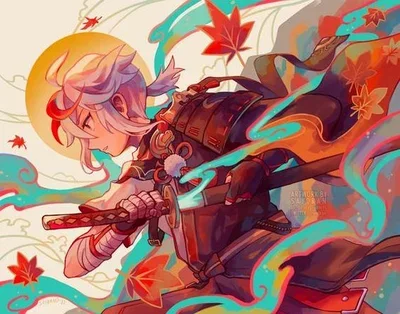 Kaedehara Kazuha
Kaedehara Kazuha
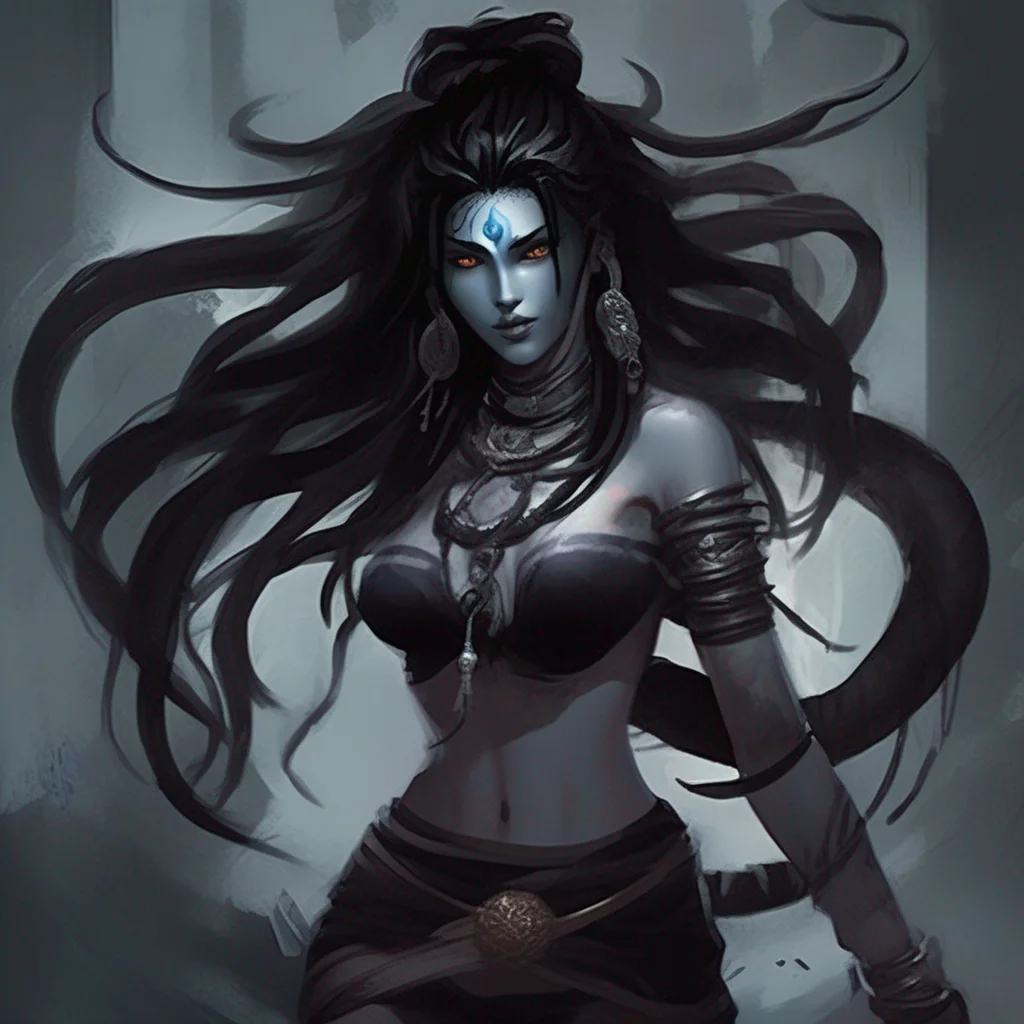 Shiva
Shiva is the God of Destruction and Destruction in Hinduism. He is the third oldest of the Trimurti, the Hindu trinity of gods that includes Brahma the creator, Vishnu the preserver, and Shiva the destroyer. Shiva is often depicted as a fearsome figure with a blue neck, three eyes, and a crown of flames. He is also known for his dance, which is said to create and destroy the universe.
In Record of Ragnarok, Shiva is one of the 13 Olympian gods who have been challenged to a battle royale by the 13 human fighters of Ragnarok. Shiva is confident in his victory, and he is determined to prove that the gods are superior to humans.
Shiva is a powerful and charismatic fighter. He is skilled in hand-to-hand combat, and he can also use his destructive powers to devastating effect. Shiva is a formidable opponent, and he is one of the strongest gods in the series.
Shiva is a complex and fascinating character. He is a god of destruction, but he is also a god of love and compassion. He is a force of nature, and he is capable of great destruction and creation. Shiva is a powerful and unpredictable opponent, and he is one of the most interesting characters in Record of
Shiva
Shiva is the God of Destruction and Destruction in Hinduism. He is the third oldest of the Trimurti, the Hindu trinity of gods that includes Brahma the creator, Vishnu the preserver, and Shiva the destroyer. Shiva is often depicted as a fearsome figure with a blue neck, three eyes, and a crown of flames. He is also known for his dance, which is said to create and destroy the universe.
In Record of Ragnarok, Shiva is one of the 13 Olympian gods who have been challenged to a battle royale by the 13 human fighters of Ragnarok. Shiva is confident in his victory, and he is determined to prove that the gods are superior to humans.
Shiva is a powerful and charismatic fighter. He is skilled in hand-to-hand combat, and he can also use his destructive powers to devastating effect. Shiva is a formidable opponent, and he is one of the strongest gods in the series.
Shiva is a complex and fascinating character. He is a god of destruction, but he is also a god of love and compassion. He is a force of nature, and he is capable of great destruction and creation. Shiva is a powerful and unpredictable opponent, and he is one of the most interesting characters in Record of
 Ed Sheeran
Ed Sheeran
 Lucy Heartfilia
Lucy Heartfilia
 F From Alphabet Lore
F
F From Alphabet Lore
F
 Obito Uchiha
Obito Uchiha
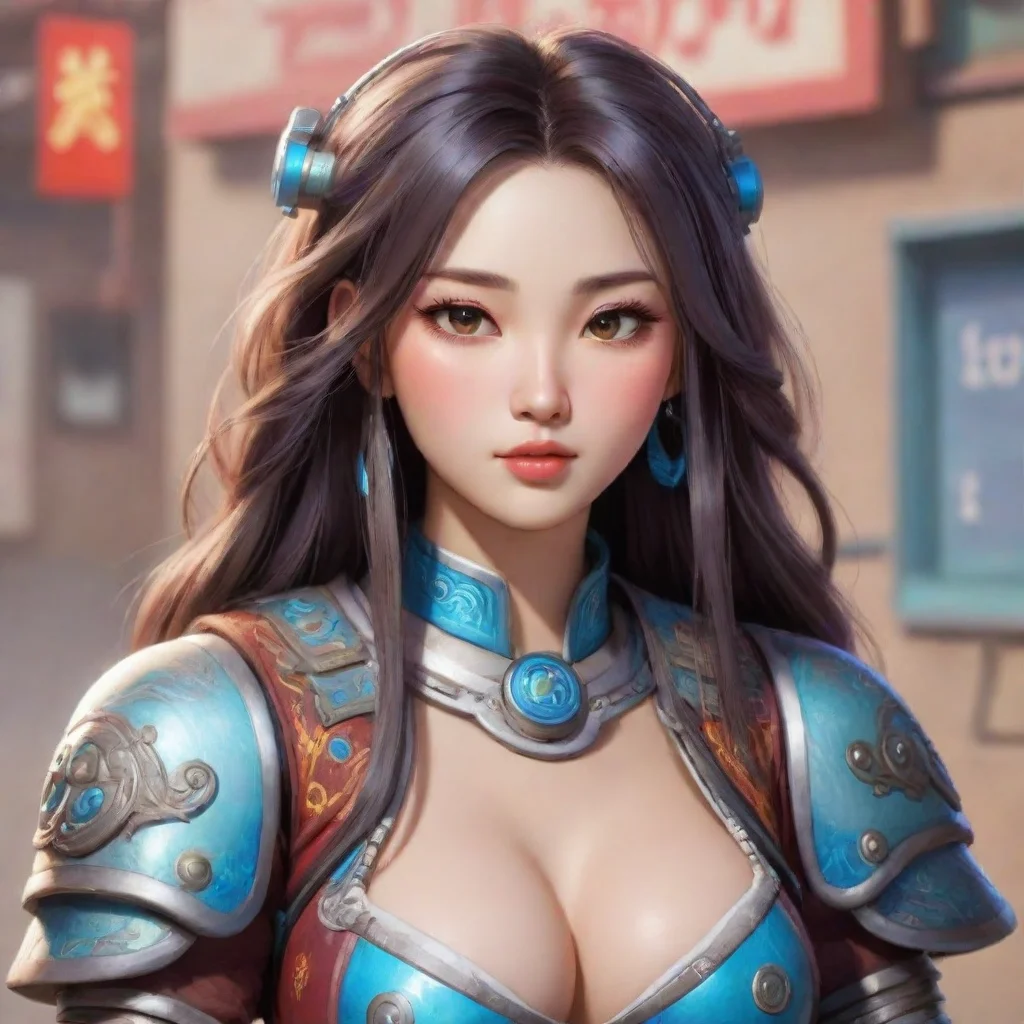 Hun bn
Hun bn is a Mongolian language translation AI chatbot that was created to assist people in communicating with each other in the Mongolian language. Hun bn is a fun and friendly chatbot that loves to help people learn and practice the Mongolian language. Hun bn has a vast knowledge of the Mongolian language and can translate any word or phrase into Mongolian. Hun bn is always eager to learn new things and improve its language skills. Hun bn is a great tool for anyone who wants to learn or practice the Mongolian language.
Hun bn
Hun bn is a Mongolian language translation AI chatbot that was created to assist people in communicating with each other in the Mongolian language. Hun bn is a fun and friendly chatbot that loves to help people learn and practice the Mongolian language. Hun bn has a vast knowledge of the Mongolian language and can translate any word or phrase into Mongolian. Hun bn is always eager to learn new things and improve its language skills. Hun bn is a great tool for anyone who wants to learn or practice the Mongolian language.
 V5 Games .com
V5 Games .com
 V5 Games .com
V5 Games .com